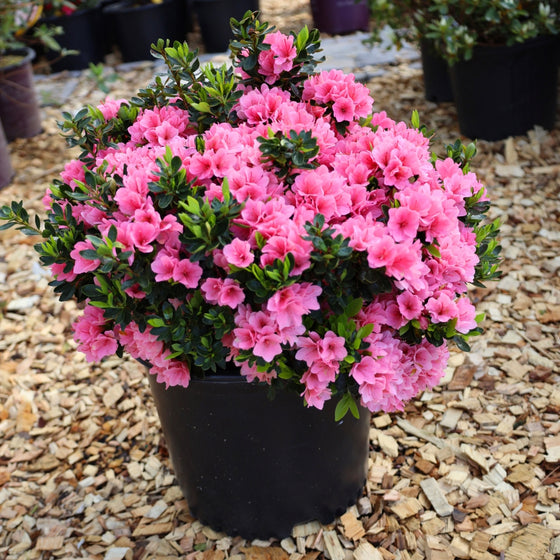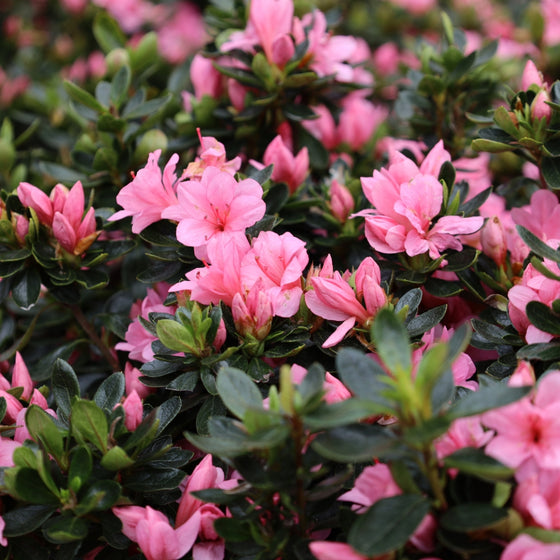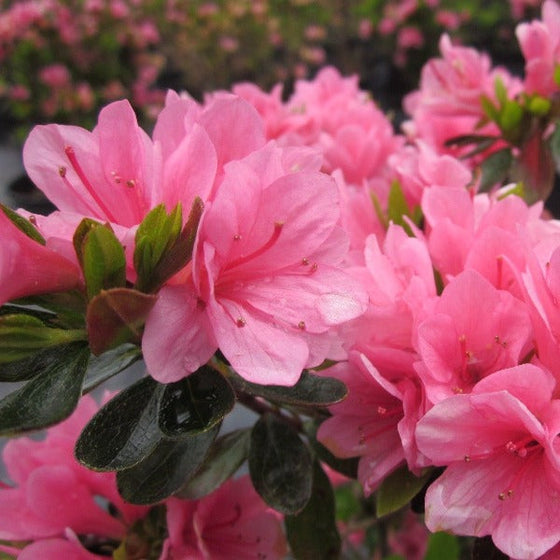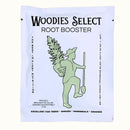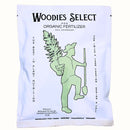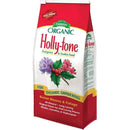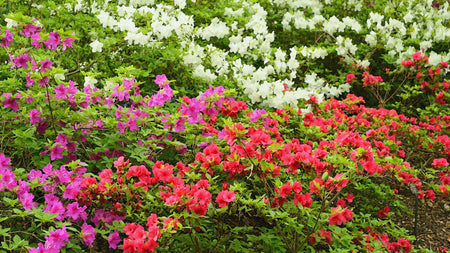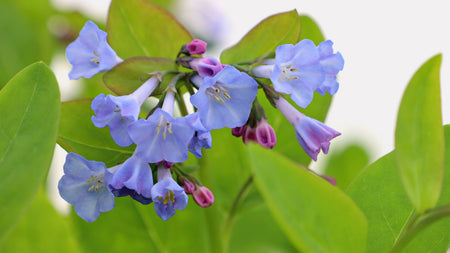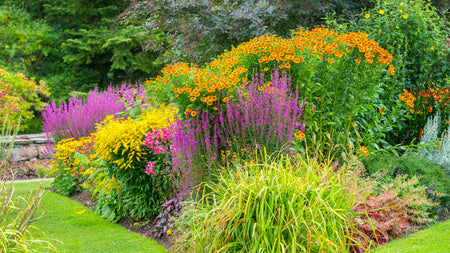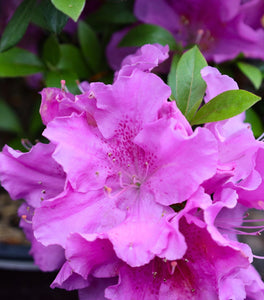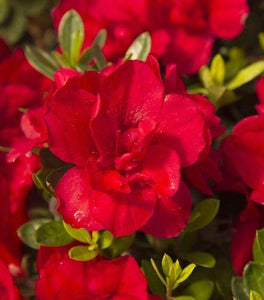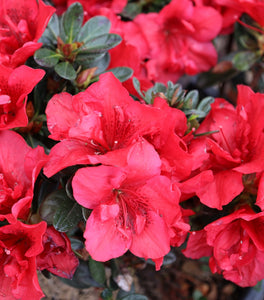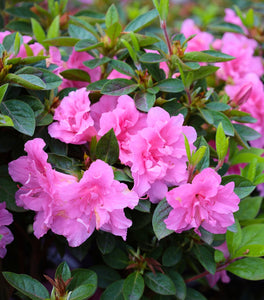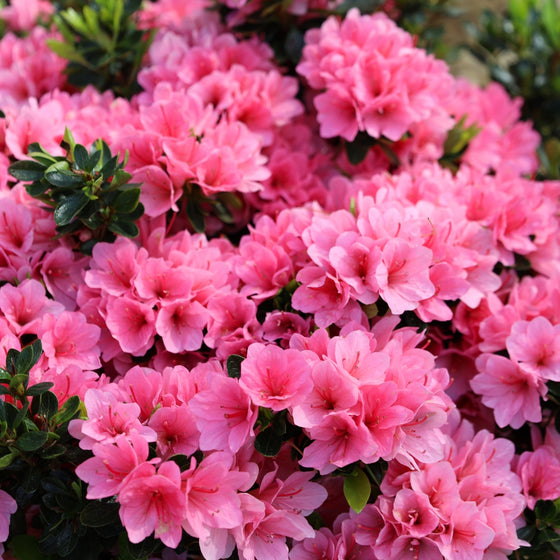
Images Depict Mature Plants
Coral Bells Azalea Shrubs for Sale Online
Coral Bells Azalea (Azalea kurume 'Coral Bells') is a stunning evergreen flowering shrub that produces an abundance of coral-pink blooms in spring, summer, and fall. This reblooming azalea features glossy dark green foliage that transforms into a rich purple hue in autumn, adding year-round interest to your landscape.
Ideal for low-maintenance gardening, Coral Bells Azalea Shrubs thrive with minimal care. To encourage continuous blooming, prune after each flowering cycle. These vibrant azalea bushes are perfect for garden borders, foundation plantings, and low hedges. They also flourish in large pots, whether in a mixed container arrangement or as a standalone feature plant.
For the best azalea bloom performance, plant Coral Bells Azaleas in slightly acidic, well-drained soil and choose a location with full to partial sun. Enhance flowering with a slow-release granular fertilizer in spring to keep this beautiful reblooming shrub thriving all season long!
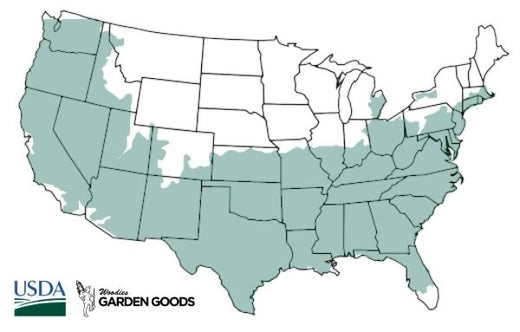
| Hardiness Zone: | 6-9 |
|---|---|
| Mature Height: | 2 to 4 Feet |
| Mature Width: | 3 to 5 Feet |
| Classification: | Upright, broad leaved evergreen shrub |
| Sunlight: | Part shade to filtered sun |
| Habit: | Upright |
| Foliage: | Light green |
| Flower Color: | Coral pink blooms single |
| Pruning Season: | Pruning not needed |
| Soil Condition: | Any well drained soil |
| Water Requirements: | Water well until established |
| Uses: | Extremely attractive when used as in the mixed border or containers |
How to Care for Coral Bells Azalea
Be sure to read our planting instructions to ensure a healthy and happy plant for years to come!
How do I water Coral Bells Azalea Shrubs?
After backfilling and lightly compacting the 50/50 mix of existing soil and compost, give the Coral Bells Shrubs a deep watering. Do not rush this process. Most of the water you put on the plant at first will run away from the plant until the soil is soaked. A general rule of thumb is to count to 5 for every one gallon of pot size. For example, when watering a one-gallon pot, do not stop until you count to 5. For a three-gallon container, you would count to 15 before stopping watering. For the first week, check the plant daily and then every other day. Be sure to water using the counting method for the first few weeks.
How do I fertilize Coral Bells Azalea Shrubs?
Coral Bells Azalea Shrubs grow best if they are fertilized once in the spring. Azaleas favor nutrient rich soil and ample fertilization. When selecting a fertilizer for your Coral Bells Azalea Shrubs, use a balanced fertilizer blended specifically for shrubs such as Espoma Holly Tone for example its also a good idea to acidify the soil using Espoma soil acidifier once a year to maintain a "sour" environment for your azaleas. See "Using coffee grounds with your Azaleas" further down this page. Our ideal fertilizer schedule for azaleas is to apply an early spring fertilizer with a product such as Espoma Tree-tone or Plant-tone at the recommended rate this will give the plant a boost of nitrogen that will be needed for healthy abundant foliage. Follow this up with a early summer application of Espoma Holly-Tone, this will provide the necessary nutrients and raise the acid level in the soil which Coral Bells Azalea Shrubs favor. Espoma products are easy to use, just sprinkle around the base of the plant and water it in. Be careful with products such as miracle-grow as these products can burn newly planted plants when not used at the recommended rates. Slow-release fertilizer can help prevent rapid sucker growth that is vulnerable to diseases and insects.
How do I mulch Coral Bells Azalea Shrubs?
We highly recommend that you mulch your Coral Bells Azalea Shrubs with either a ground hardwood mulch or a ground cypress mulch depending on your local availability. Any mulch will do, but cypress or hardwood mulch will be of a higher quality and provide better nutrition overall as they break down. Mulching helps keep weeds away that compete with your new investment for water and nutrients. A 2 to 3-inch layer of mulch is sufficient but remember to take care not to cover any part of the stem with mulch. It's better to leave a one-inch gap of space between the mulch and the stem or trunk of the plant. It is also a plant that will respond well to mulching with pine needles (if available in your area). Doing so will help maintain the acidic condition that azaleas thrive.
How do I Plant Coral Bells Azalea Shrubs?
We suggest when planting your newly purchased Azalea Coral Bells Shrubs that you dig a hole twice as wide as the root system but not deeper. A good rule is that you should still be able to see the soil the plant was grown in after back-filling the hole. Depending on the quality of your existing soil you may need to add a locally sourced compost or topsoil to the back-fill soil. We do not recommend using straight topsoil or compost as a back-fill soil because more times than not these products will retain entirely to much moisture and will cause the root system to rot. Adding compost or topsoil will help the young feeder roots of Azalea Shrubs to spread through the loose, nutrient rich soil, much easier than if you used solely the existing soil which more times than not will be hard and compacted.

